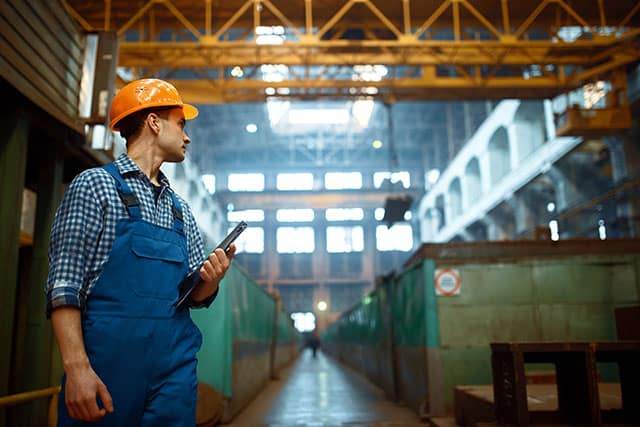Solidifying Long-Term Supply Chain Strategies with Mexico Manufacturing
09.23.24Though it’s been nearly five years since the start of the COVID-19 pandemic, it’s difficult to overlook the residual impact it’s had. The halt in supply chain production, along with other economic challenges and political tensions between countries created a perfect storm causing concern over the vulnerabilities in certain supply chain models.
In particular, manufacturers have raised concerns over minimizing opportunities by solely relying on China’s shaky supply chain. Therefore, they’ve started to consider what’s best long term to preserve their production strategies and goals.
Portfolio diversification has become a go-to solution, allowing manufacturers to maintain active production facilities in China while simultaneously launching new production in Mexico.
Nearshoring to Mexico already provides a proximity advantage for U.S. manufacturers over China. Plus, the geographical closeness equates to aligned time zones, quicker, more diverse transportation routes, and similar cultural expectations, all of which contribute to better collaboration and faster decision-making.
In light of the uncertainty between the U.S. and China, Mexico shelter manufacturing presents an alluring opportunity to help solidify a supply chain strategy as market demand increases.
Competitive Benefits of Mexico Manufacturing
In addition to the close proximity between the U.S. and Mexico, manufacturers also benefit from lower costs, access to a skilled workforce, and high-quality, on-time delivery.
By moving operations to Mexico, many companies save significantly on labor and building leases alone. Also, thanks to the IMMEX program, U.S. and other foreign manufacturers can take advantage of significant tax savings upon receipt of VAT certification.
Also, manufacturers can streamline recruiting and hiring processes due to the availability of technical talent in Mexico. While industrial laborers have declined in the U.S., making it difficult to secure qualified workers, Mexico graduates tens of thousands of engineers every year to help fulfill sophisticated manufacturing roles.
Meanwhile, an established infrastructure and multiple modes of transportation throughout Mexico make it easier to achieve on-time delivery with the quality assurance necessary to get products to market faster.
Establishing a Quick Start-Up Time, Minimizing Risk
A shelter company handles all the administrative responsibilities necessary to get production up and running quickly, from permitting and employee recruiting to site selection and tax compliance. Additionally, as part of the shelter model, U.S. manufacturers minimize the risk and exposure of operating in a foreign country while benefiting from an established infrastructure and solid supply chain.
With the right planning and assistance from a Mexico shelter company, setting up production as a foreign operator can be accomplished within a year. Once a facility lease is signed, it takes approximately three to four months to fully launch production, representing nearly half the time it takes to set up as a standalone entity.
Due to the time- and cost-savings, as well as the trade incentives of nearshore manufacturing, many U.S. manufacturers are considering Mexico as their next move. Whether they keep production in China active or move operations entirely, having the support of a Mexico shelter company helps to ease the transition. A full scope of shelter services includes:
● Industrial site selection
● Mexico trade compliance
● Human resources and recruiting
● Government and legal compliance
● Taxes and accounting
● Environmental health and safety
Services can also be scaled up or down depending on a manufacturer’s growth, which includes helping to transition to a standalone entity when the time is right.
Working with a Mexico shelter company expands options for manufacturers, making them less reliant on a single supply chain.
Learn more about the advantages of Mexico manufacturing and what we can do to support your production goals. Contact IVEMSA today.
